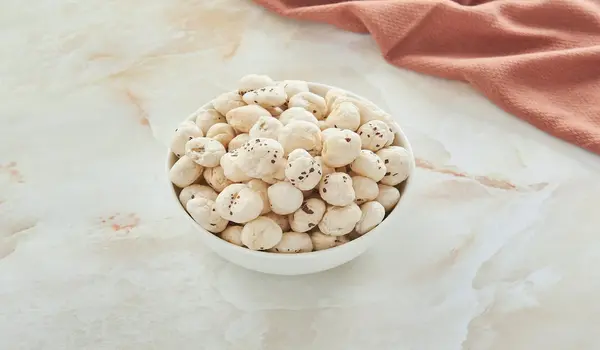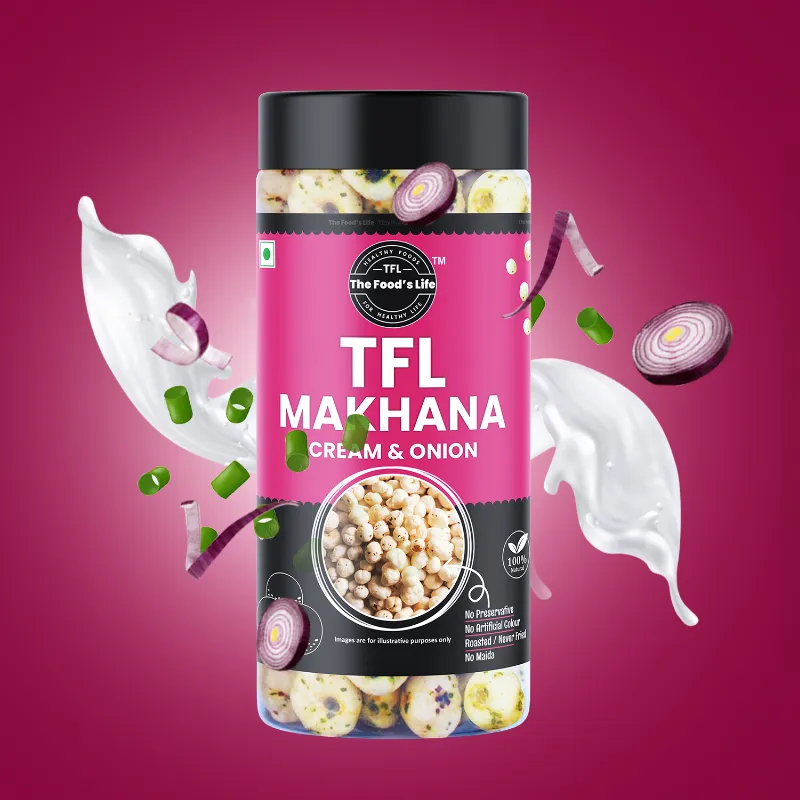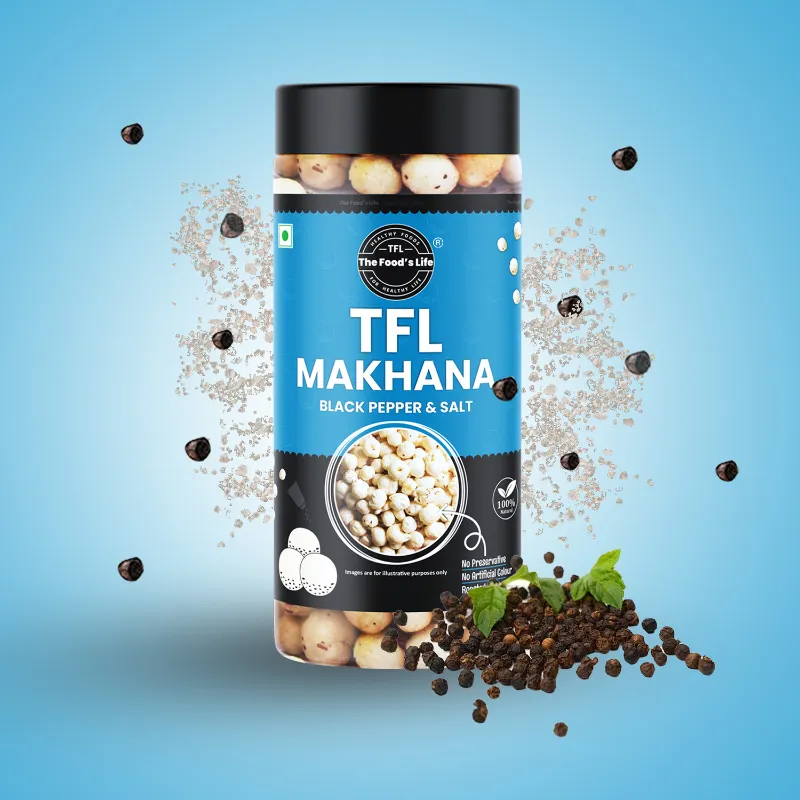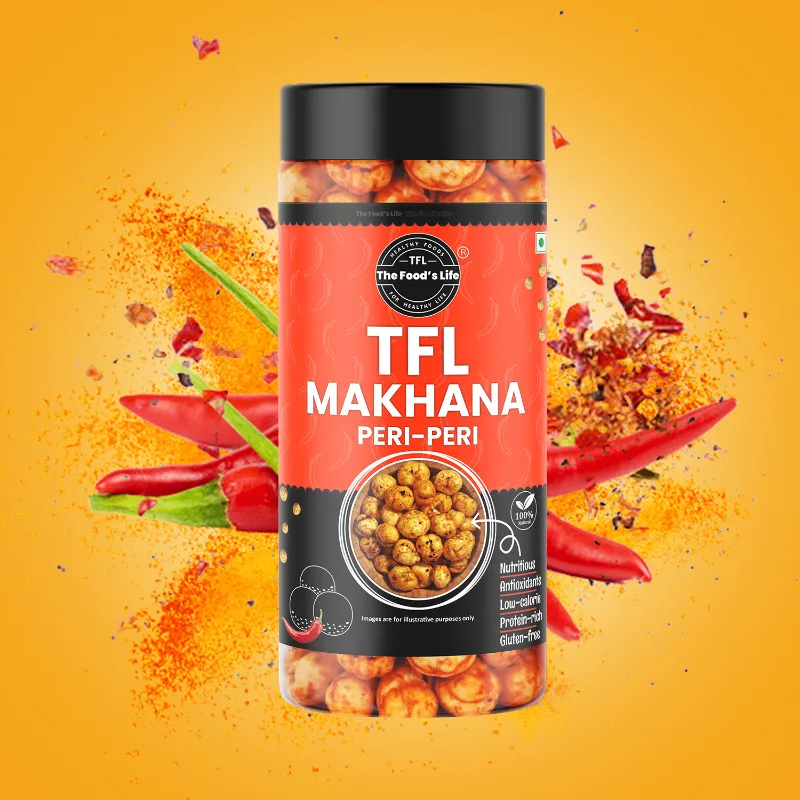After a workout, our bodies enter a recovery phase where muscles repair and grow stronger. This is where protein-rich snacks come in: they provide the essential amino acids needed to rebuild muscle tissue, reduce soreness, and improve overall recovery time. Adding protein-rich snacks to your routine can make a significant difference in reaching your fitness goals. Let’s explore how incorporating protein-packed options can boost workout recovery, and if you’ve wondered, does makhana have protein, we’ll also cover that and more! Protein is the building block of muscle tissue, playing a critical role in repairing and rebuilding muscles after exercise. During a workout, muscle fibers experience tiny tears that need amino acids (the components of protein) to heal. This healing process strengthens the muscle, enhancing endurance and power. Without enough protein, recovery slows down, and muscles may feel sore for longer. This is why many athletes turn to protein-rich snacks post-workout: they help deliver the amino acids muscles need right when they’re needed most. When choosing snacks to support workout recovery, look for those with high-quality protein, a balanced amount of healthy fats, and carbohydrates for energy replenishment. Here are some popular protein-packed snacks that improve post-exercise recovery: Yes, makhana (or fox nuts) contains a moderate amount of plant-based protein. Although not as high in protein as some animal-based sources, makhana offers other recovery benefits that make it a valuable post-workout snack: This means that does makhana have protein? Yes, and it provides a clean, plant-based protein that can complement other sources in a balanced diet. One of the biggest challenges post-exercise is delayed onset muscle soreness (DOMS). Protein helps combat this soreness by supplying amino acids that speed up muscle repair. For example, after weight lifting, microtears in muscle fibers require protein to rebuild, making muscles stronger and less sore. Snacks like makhana, paired with Greek yogurt or nuts, can be ideal for meeting these needs without weighing you down. Since does makhana have protein? It does, and even in modest amounts, makhana helps fulfill protein requirements while keeping snacks light and nutritious. Timing plays an important role in how effectively your body uses protein for muscle repair. Ideally, consuming a protein-rich snack within 30 to 60 minutes after a workout helps maximize muscle recovery. During this “anabolic window,” your body is particularly efficient at using protein and carbohydrates for muscle repair and glycogen restoration. If you’re wondering, does makhana have protein to meet post-workout needs? While not as high as animal-based proteins, makhana is beneficial as a light, plant-based source of protein and can be part of a protein-rich snack when paired with other high-protein foods. Incorporating protein into your snacks not only helps in recovery but also supports muscle maintenance and fat loss: Including snacks like makhana that combine protein and fiber helps maintain steady energy and keep cravings in check, further benefiting weight management and muscle maintenance. Adding protein-rich snacks to your routine can make a big difference in workout recovery and help you achieve your fitness goals. Snacks like Greek yogurt, nuts, seeds, and makhana deliver high-quality protein and essential nutrients that support muscle repair and reduce soreness. For those curious, does makhana have protein? Yes, it does! Though modest, makhana’s protein content, combined with its fiber and mineral profile, makes it an excellent, light option for a post-workout snack. Whether you’re working on building muscle, enhancing recovery, or just maintaining energy levels, protein-packed snacks can play a crucial role. With choices like TFL’s flavored makhana, recovery can be as tasty as it is effective, making each workout feel rewarding.1. Why Protein Is Essential for Recovery
2. Protein-Rich Snacks for Post-Workout Recovery
3. Does Makhana Have Protein?
4. How Protein Helps Reduce Muscle Soreness
5. Timing Matters: Why Post-Workout Protein is Important
6. How Protein-Rich Snacks Support Overall Fitness Goals
Conclusion
FREE DELIVERY ON ORDERS ABOVE ₹500/-
FREE DELIVERY ON ORDERS ABOVE ₹500/-
FREE DELIVERY ON ORDERS ABOVE ₹500/-
FREE DELIVERY ON ORDERS ABOVE ₹500/-
FREE DELIVERY ON ORDERS ABOVE ₹500/-
FREE DELIVERY ON ORDERS ABOVE ₹500/-
FREE DELIVERY ON ORDERS ABOVE ₹500/-
FREE DELIVERY ON ORDERS ABOVE ₹500/-
FREE DELIVERY ON ORDERS ABOVE ₹500/-
FREE DELIVERY ON ORDERS ABOVE ₹500/-

Recommended Products





